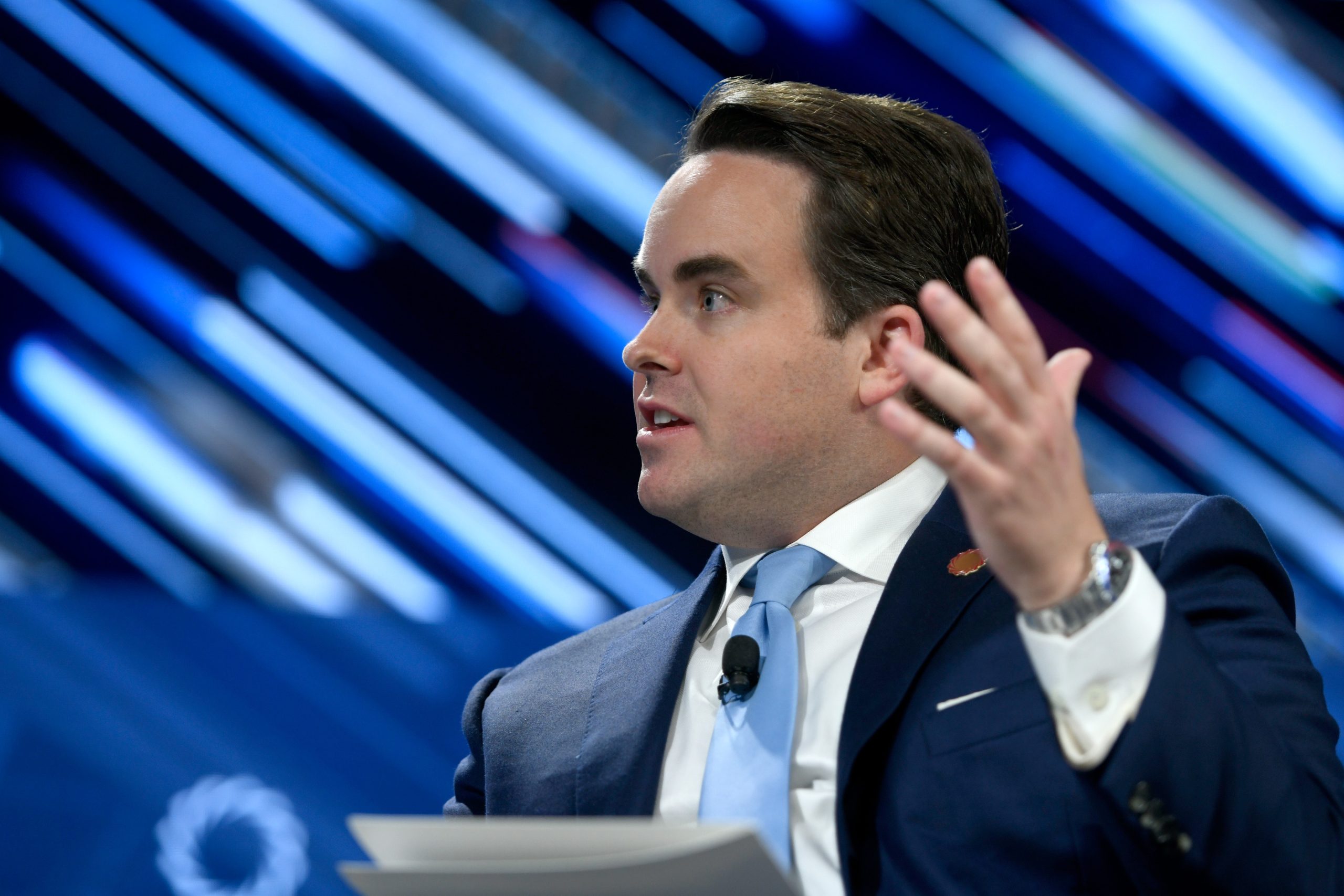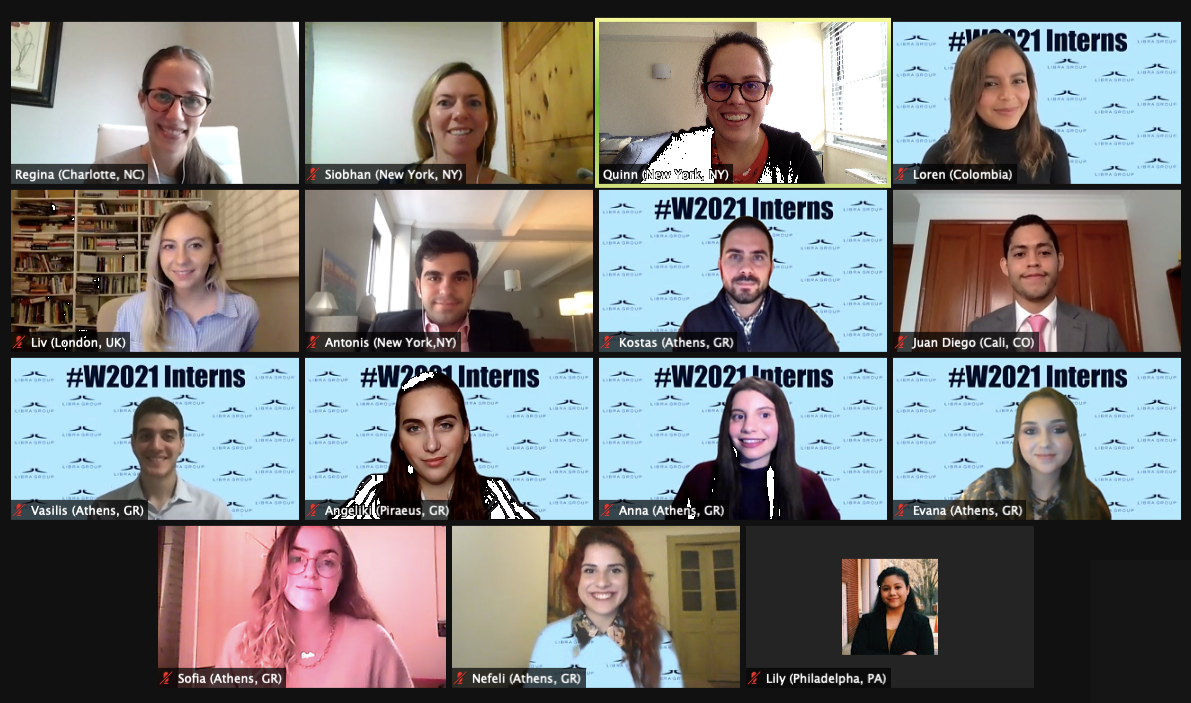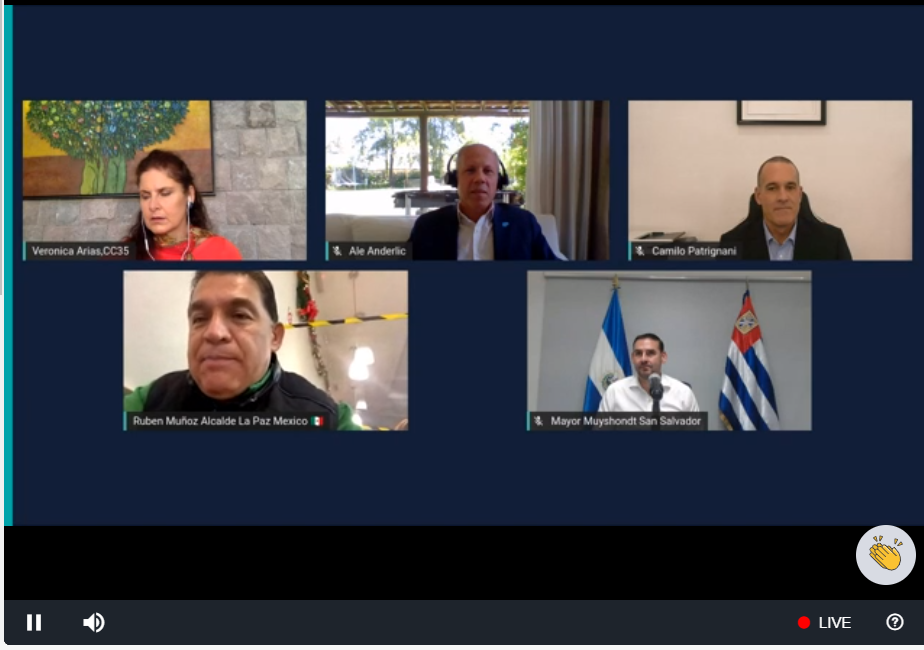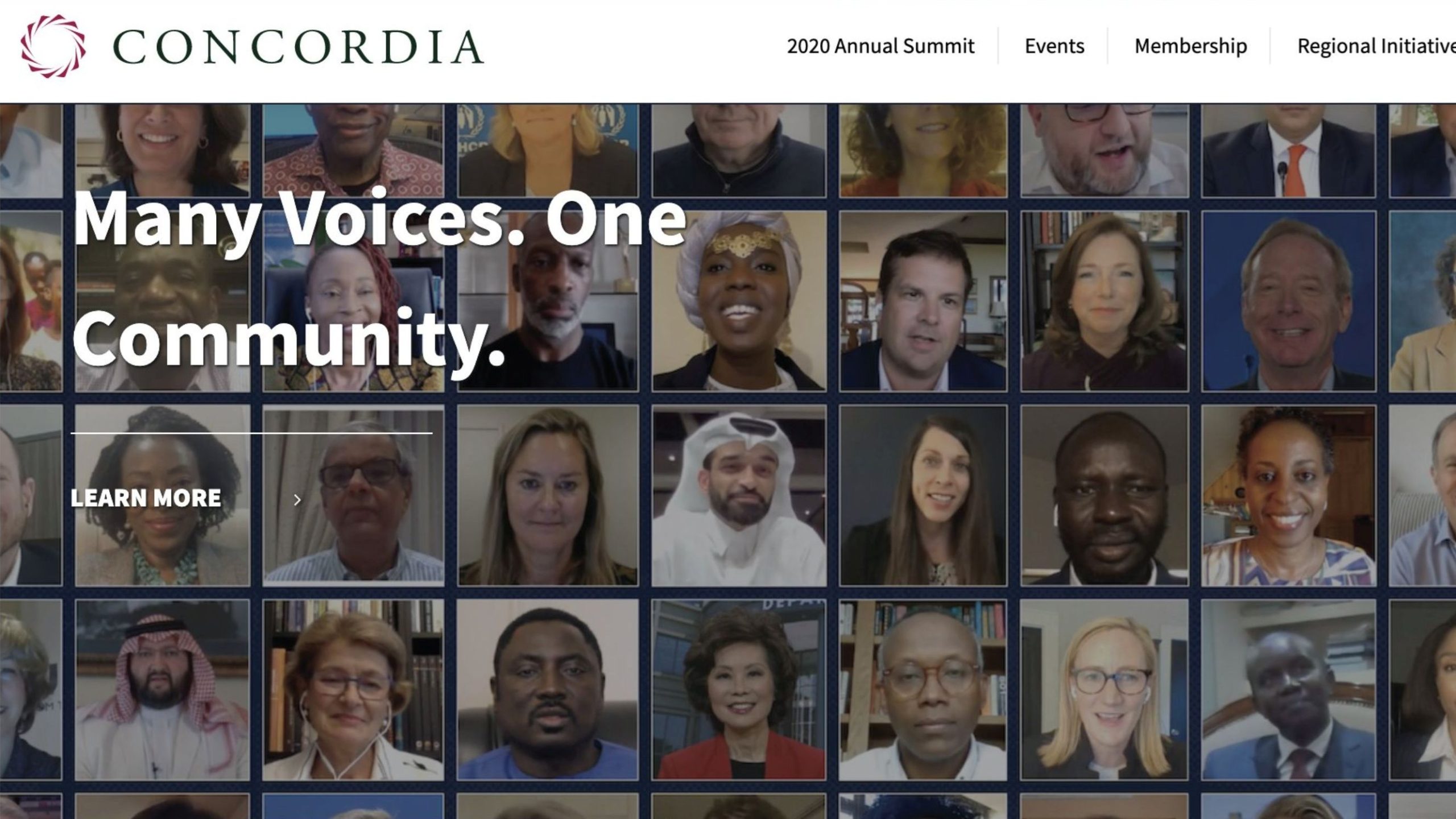“We need to convene for the issues that matter” – Matthew Swift, Chairman & CEO, Concordia

Writing recently about ‘a new era for convening and collaboration’, Matthew Swift, Co-Founder, Chairman & CEO of Concordia, described how he has spent much of his career ‘devising how people can convene in-person to discuss the most critical issues facing the world. All changed in 2020.’
The established role to bring people together in person was challenged last year by the pandemic and its constraints. The ‘business model has to adapt, but you must stay focused on what matters most. Here’s how.’
To start, let’s examine why people need to convene. There’s an art and a science to convening. In many ways, it’s an organic process with unintended consequences, dependent purely on the people in the room and the context. But there are also multiple, tried-and-tested—and often complex—steps to convening a group of people led by a set of essential questions. Who are you convening? What is the purpose? Are the individuals you are trying to convene relevant to the goal? What makes people relevant? Is there a desired outcome to the convening? What is the sign of a successful convening? Do you need folks to agree with one another? (The answer to the last of these, I’m sure we’ll all agree, is I certainly hope not!)
It was hard enough even before a global pandemic to convene an entire group of individuals to not only talk about the most critical issues facing the world but to debate, challenge actively, and create, as well.
What 2020 told us is that we need to convene for the issues that matter, and spend less time obsessing over dialogue that only demonstrates our differences. Once COVID-19 hit, there was this immediate feeling of people being more apart than ever before. Every single organizer was pushed to a new frontier, disrupting the status quo event concept that so many of us can confidently execute in our sleep. Gone were the days of two-hour events held simply to ‘check a box,’ open buffets and cocktail networking, and retaining a cadre of interns to print table tents. But as difficult as 2020 was for organizations that rely on in-person events to execute on some or all of their missions, I believe it’s ultimately yielded a positive, lasting change as we’ve had to ask ourselves: How do we come together at a time when there is so much in the news that is driving us apart?
For years, a wide array of institutions sought to bring people together, but many failed to do so in a way that would adequately prepare us for this moment in time. As JPMorgan Chase’s CEO, Jamie Dimon, observed in Davos, “it is where billionaires tell millionaires what the middle class feels.” In others, a convention should be about the people not in attendance.
My critique of Concordia and countless other institutions that place convening at their core is the following: We need to ensure that our forums are not just filled with the elites talking about the non-elites, and we also need to ensure that they’re not echo chambers.
Don’t get me wrong––the guest list matters. Born out of convenings such as Davos, Aspen, Bilderberg, Skoll, Milken, and many others is the potential for historical milestone moments. One need only look back to Mandela’s Davos Address in 1992, with the handshake between Nelson Mandela and South African president de Klerk symbolizing the end of apartheid. Or Hilary Clinton’s infamous ‘Women’s rights are human rights’ speech at the 1995 United Nations Fourth World Conference on Women. Or the historic handshake between Kim Jong-un and Donald Trump at the 2018 Singapore Summit. And past Concordia speakers, namely Joe Biden, have even been elected President of the United States.
But looking through more of a realist lens, many convenings are dominated by those ‘serial conference attendees’ who never miss a moment to tell the world how they see it and how their perch gives them unique insight into the suffering of those around the world. We’ve even seen presidents of the U.S. groan about the G7 or G20 meetings, which at this stage are a glorified photo opportunity.
So how can we do better?
First, we need to get back to the art of coming together with those we might disagree with. This is the essence of constructive collaboration. To truly understand the political, social, and economic movements around the world, we must first be willing to sit down with those who see the world differently from how we see it. Our government systems and our institutions face the most significant challenge they have seen in almost a century. To ensure we navigate this extraordinarily rough time requires us to approach issues and discussions with flexibility, not absolutes.
Second, we need to be inclusive of those who do not have a voice. As convenors, we need to not just give our platform to those with the most power. We must remember that convenors are representatives of the voiceless. We need to give a voice to those that are directly affected by the issues we discuss. We need to include our youth, listen to them, and ensure that leaders are taking their voices into consideration. There is a promising wave of recognition that decision making must be more inclusive. Convening must reflect that energy and be a leader in valuing the experiences and perspectives of underrepresented populations.
Third, we need to seize the opportunity to be genuine about who we host and who we feature. Rather than inserting our perspectives, we must embed a moral standard that ensures that if we apply a standard to one person or one group, we’re applying that very same standard across the board. This is easier said than done given the nature of discourse taking place worldwide, and there is no perfect answer, of course.
2020 did have good results. The shift to virtual and hybrid convenings is improving inclusivity and accessibility. We can reach a much broader and globally diverse audience through digital channels, bringing conversations into living rooms and home offices while removing travel barriers. What’s vital is that we embrace this momentum and the new environment we’re all finding ourselves in. And perhaps that will mark the start of something new for convening and, as a result, collaboration on a global scale. With that, 2021 may yield some of the best conventions in human interaction, even if they don’t occur in-person. And Concordia will be part of that success.
To read this article at the Concordia website, click here.


 Libra’s Winter 2021 interns get down to business
Libra’s Winter 2021 interns get down to business  Fifth Concordia Americas Summit takes place online
Fifth Concordia Americas Summit takes place online  Concordia 2020 – 10th Anniversary Summit Report
Concordia 2020 – 10th Anniversary Summit Report